New research by Gartner is showing a heavy increase in medium to large sized companies with CDOs (Chief Data Offices) in senior positions. CDOs traditionally were involved in overseeing data regulation, governance, and quality are now becoming increasingly involved in helping companies get the most from their data. As the global interest in big data usage continues to swell, CDOs are proving to be or more and more value to businesses, and are seen as mission critical in 75% of large businesses (alongside HR, IT, Operations, and Finance).
Shervin Khodabandeh, a partner and managing director with global management consulting firm Boston Consulting Group, said “Most organizations are realizing that data — the data they have and how they use it — will be a key competitive advantage for them. They see their competitors in their own sectors, and exemplars such as UPS, USAA, PayPal, Starbucks, Capital One, and more in other sectors, winning share and displacing others by better leveraging data.”
Appointing a CDO is widely viewed as a critical survival tactic in today’s highly competitive business world. Businesses are moving away from tried-and-tested processes and attempting wide-sweeping digital transformation in an attempt to become more competitive. In order to create new revenue streams and open up new services businesses are transforming their systems, processes and architectures.
Who should hire one?
Almost any business above a certain size can benefit from hiring a CDO. While more data-centric businesses may be quicker to jump on the bandwagon, its becoming clear that top performing businesses will need to leverage their data in order to remain competitive.
As enterprises strive to become more data driven, they are looking for CDOs who can oversee critical data governance and data integration/management issues, yet can also turn data into fresh revenue streams. Cloud-based data as a service is helping these CDOs monetize their data and even become data brokers.
The recent Gartner report says that 10% of CEOs say they are monetizing information assets by bartering or selling them outright. That number, fueled by modern data management technology, will likely grow in the coming years. This naturally leads to data ethics questions, as the selling of consumer data continues to irk the general public. How will CDOs face up to this elephant in the room over the next few years if this % does continue to rise?
Who can be a CDO?
There’s no academic background or career background that specifically qualifies someone to become a CDO. There are skill sets that help, however. Someone with an IT background would be best, since data is a digital asset and technology is required to manage it and store it securely, in compliance with industry regulations.
Being a CDO requires a deep and broad understanding of business practices and goals. While a CDO doesn’t have to be a technologist, it is very important for them to have an appreciation for what technology can do to help an enterprise and to turn data into actionable insights. The best CDOs will have a broad enough view to identify data that is currently not available in the enterprise but that could be acquired and brought to bear in support of the business.
Top CDOs have first-hand experience with analytics technologies, solutions and implementations, experience leading technical organizations and a demonstrated ability to work with cross-functional teams. A CDO doesn’t primarily perform a management role, he or she provides leadership, strategic guidance and expertise at both the departmental and organizational level.

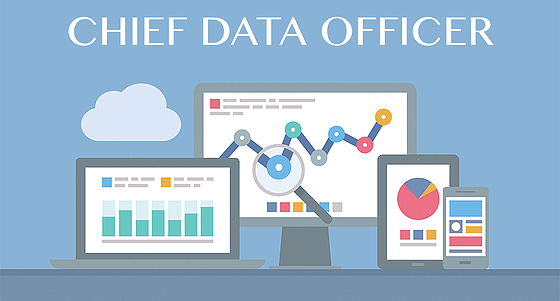
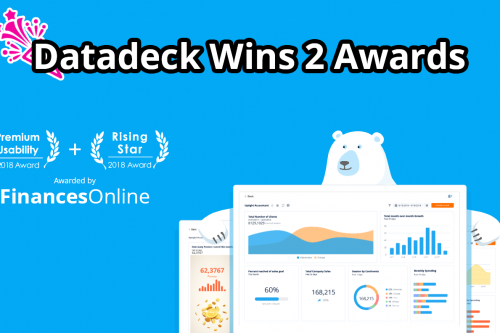
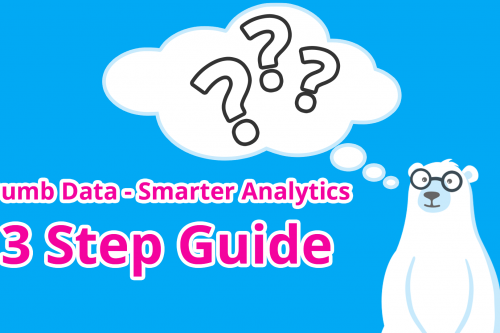
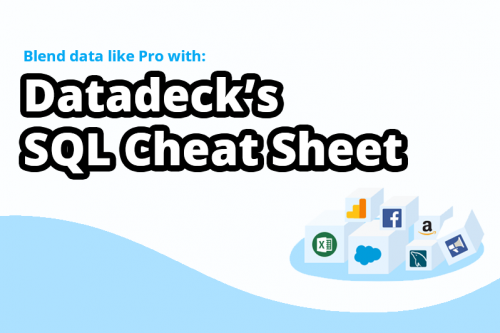
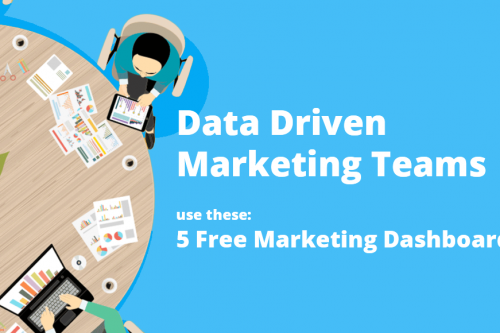
I think not every company needs a CDO but most companies are essentially going to increasingly become machine like and will require CDOs to oversee so many of the new automated practices. Areas like HR and marketing have huge parts of their jobs that are becoming automated.